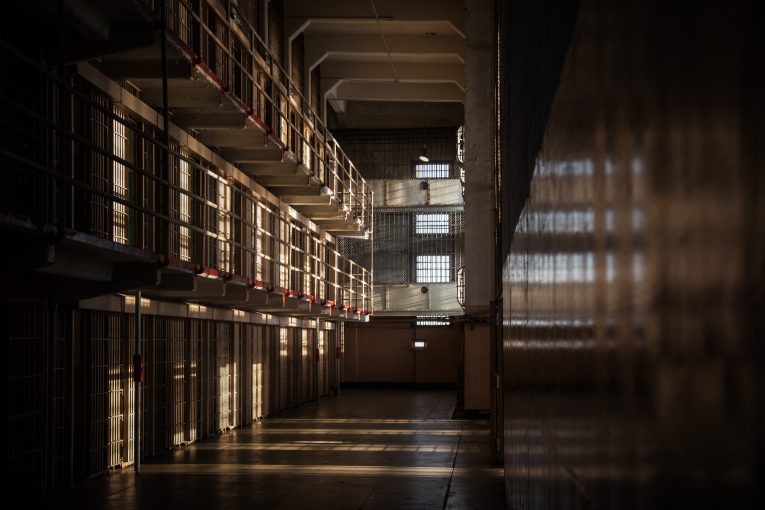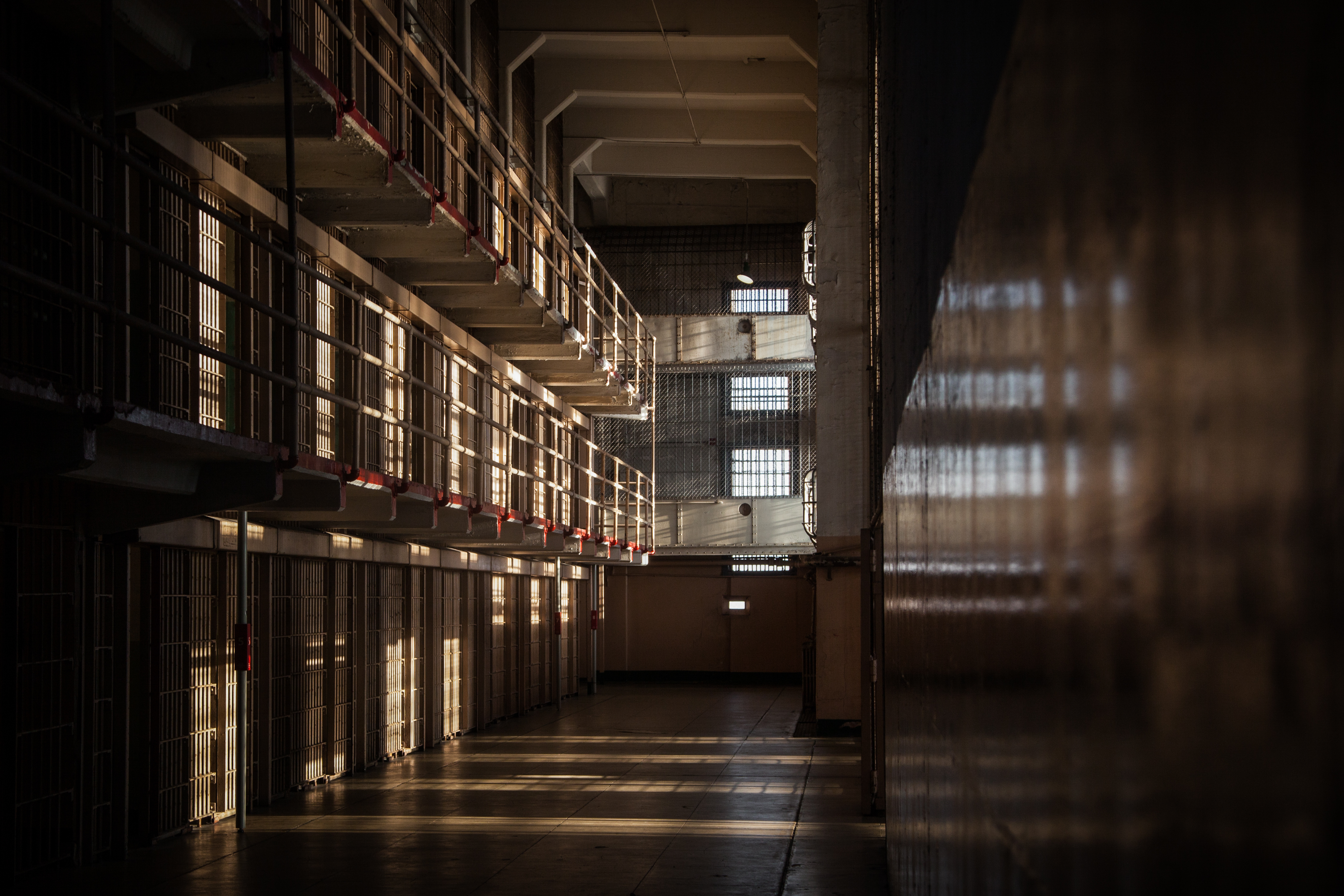


by Fausto Minor
Sent to prison at the youthful age of 17, I came with a belief of how I was supposed to act as a convicted felon. This false belief system that I carried resulted in a subsequent crime shortly after my prison sentence started, that resulted in an additional 15 years added to my prison stay. My prison experience allowed me to come to a sobering thought as I realized that my false belief was not what I wanted. Change was hard, especially in a place that can be a breeding ground for violence that consumes so many, resulting in a vicious cycle of criminality. It took courage, determination, resilience, and perseverance to buck against a system that did not encourage pro-social behavior. It was my willingness to want to better myself for me, my family, and society. No longer did I want to be defined as a person who went to prison. Instead, I wanted to be defined by what I did with my time while in prison. Today I have come a long way from that 17-year-old child whose mind was so clouded from his own reckless indifference to his community.
It was through my upbringing as a youth that I had developed a belief of how a convicted felon was supposed to behave. Prior to entering the prison system, I was a callous, manipulative, scheming, and vengeful individual. It was no surprise to anybody that I would end up in a courtroom because of my violations against society and sentenced to prison. My young mind was shaped and molded to accept prison as my fate. It was my upbringing that glorified and made prison a rite of passage, instead of something to avoid. The media, music, and videogames allowed me to transfer those antisocial behaviors into real-world  applications.
applications.
Trapped in a false reality, forced by my own will to live out this cycle of criminality, I lived up to the toxic expectations placed on me from peers, pseudo-realities, and self-fulfilling prophecies. I alone aimed to live up to the perceptions of convicts, buying into the notion that I was some crazed human being with no regard for humanity. It was in prison that I realized that all this was somebody else’s dream I was to play out. It was a combination of my peers and the media that shaped my thoughts into accepting that the criminal was either this ruthless animal or this weak being who was preyed upon. They never told me that there were people who made a conscious choice to do wrong, who also feel contrite over their behavior. There is a middle ground on the prisoner spectrum where redemption does not make you vulnerable to other prisoners.
The war stories that were told to me as a child and the media never depicted the actual account of prison life. However, there is some truth to what the media depicts and what pro-incarcerationists want you to believe. These truths are only told to justify SHU placements and the building of more prisons to add to the multibillion-dollar industry of warehousing human beings. What is not told is the effort made when incarcerated individuals are given the chance to become a better person. It is rarely ever promoted to the public the dramatic changes made by individuals who were and “still” are deemed unfit for society by the justice system. On any given day in prison you will see incarcerated individuals are making strides at redemption, seeking amends for the violations made against society. All of this is done in spite of the harsh terms made by investigators, prosecutors, judges, and prison administrators. What I say to all of the war stories and the depictions made in Hollywood that led me and countless others to believe in a false reality of prison: “Where are the stories of those who made progress in prison?”
From my perspective, violence will not cease to exist, due to the fact that there are still anti-rehabilitationists in position to make decisions that affect the prison population. They make decisions that reduce the amount of rehabilitative programs made available. When they are forced to create more programs in institutions because of laws voted in by the public to fix the prison problem, they do so in ways that are detrimental to society. By creating hindrances that discourage positive change in individuals, no real change can be made for the incarcerated.
I give credit to the institutions that try to make a difference and all of the correctional officers and various staff members who aid in the rehabilitative efforts made by the incarcerated. Those are the ones who realize that more often than not, and rehabilitated or not, the incarcerated eventually get released.
I made the decision to change while serving a SHU term for an attempted murder of an inmate (not my finest hour). That decision to change was not by force but as a result of a realization that made me aware of all the damage caused by my actions. I no longer wanted to be all of those things that prosecutors said about me. Instead, I chose to rise above, using my mind for the good of my prison community and society. Remaining stalwart in my efforts to not return to a life of crime, I took up numerous self-help programs and genuinely applied the principles to my life. I earned my college degree; that was only made possible because of people like Dr. Parkin. I hope this essay shows the importance of why changes should be made to the prison system that allow for meaningful growth of pro-social behaviors to make society safer. It is through our failures that we find success.
Republished from “Perspectives from the Cell Block: An Anthology of Prisoner Writings” – edited by Joan Parkin in collaboration with incarcerated people from Mule Creek State Prison.
